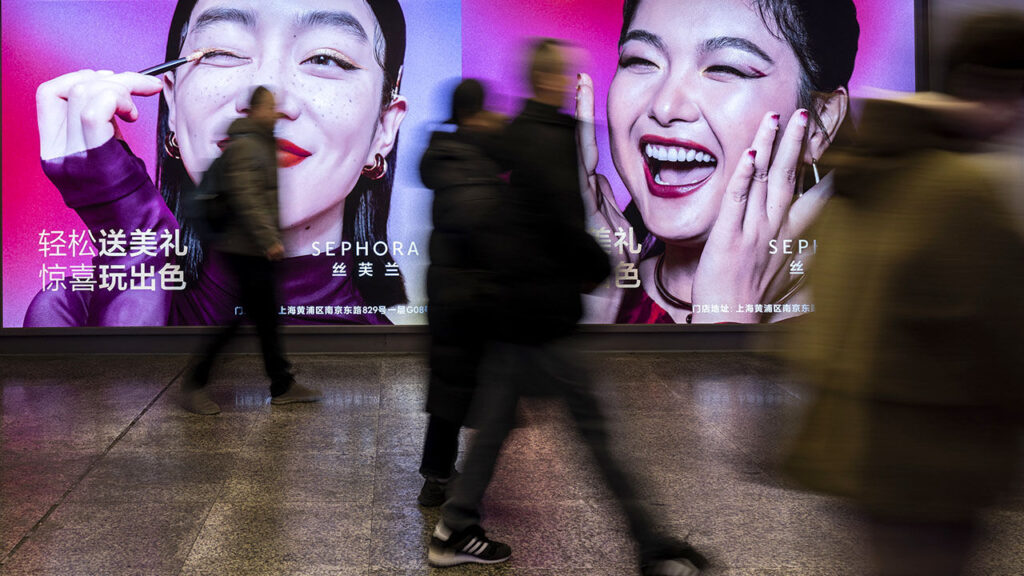On March 16th, a Sunday, China unveiled a comprehensive “special action plan” aimed at stimulating consumption across the country. This initiative presents a range of proposals designed to address various sectors of the economy and improve the overall living standards of citizens. Among these proposals, some noteworthy recommendations include installing additional lifts in multi-storey buildings and extending the operational hours of children’s clinics during the flu season. The government’s holistic approach reflects an understanding of the interconnected nature of urban infrastructure, healthcare services, and economic growth.
The idea of installing more lifts in multi-storey buildings is particularly significant in urban Chinese settings, where rapid urbanization has led to skyrocketing populations in high-rise apartments. Many residents, especially the elderly and those with disabilities, find it challenging to navigate multi-storey buildings. By enhancing accessibility through additional lifts, the government aims to improve the quality of life for these residents, who may otherwise face significant hurdles in their daily routines. This move could foster a more inclusive society, allowing everyone to partake fully in the community’s offerings.
Further emphasizing the plan’s health-oriented aspects, the proposal to extend the hours of children’s clinics during flu season highlights a proactive approach to public health. Flu season can impose considerable strain on healthcare services, with increased demand for pediatric care. By allowing clinics to operate for longer hours, parents can access medical services when they need them most, potentially alleviating overcrowding during peak times. This measure not only assures that children receive timely medical attention but also provides peace of mind to parents, knowing that healthcare resources are available even beyond standard operating hours.
The plan also seeks to enhance economic growth through foreign direct investment (FDI), particularly in sectors such as camping and outdoor recreational activities. By encouraging international businesses to invest in these areas, China hopes to diversify its economy and stimulate consumer spending. The camping sector has gained popularity in recent years, as more citizens look for affordable vacation options that allow them to enjoy nature. By attracting foreign investment, the Chinese government aims to boost the infrastructure supporting these recreational activities, such as campsites, outdoor gear suppliers, and related services.
The considerations demonstrated in the “special action plan” are reflective of broader trends in the Chinese economy, where consumer spending is increasingly viewed as a crucial driver of growth. The government recognizes that in order to maintain economic stability, it needs to encourage citizens to spend, particularly in sectors that not only have economic benefits but also promote wellbeing and community engagement.
Moreover, the focus on health, accessibility, and investment signifies a shift towards a more integrated strategy, one that acknowledges the importance of human capital in economic planning. Ensuring that citizens’ health needs are met, fostering inclusive urban environments, and encouraging international partnerships are all pillars of a sustainable growth model.
In conclusion, the “special action plan” is a multifaceted initiative that proposes various strategies to stimulate consumption and enhance the quality of life in China. By addressing challenges related to urban infrastructure and healthcare while also seeking foreign investment in emerging sectors, the government is positioning itself to create a more vibrant and resilient economy. The implementation of such measures is essential not only for economic revitalization but also for building a society that values health, accessibility, and community involvement. Ultimately, these efforts will help shape a better future for China’s citizens in an increasingly competitive global landscape.



